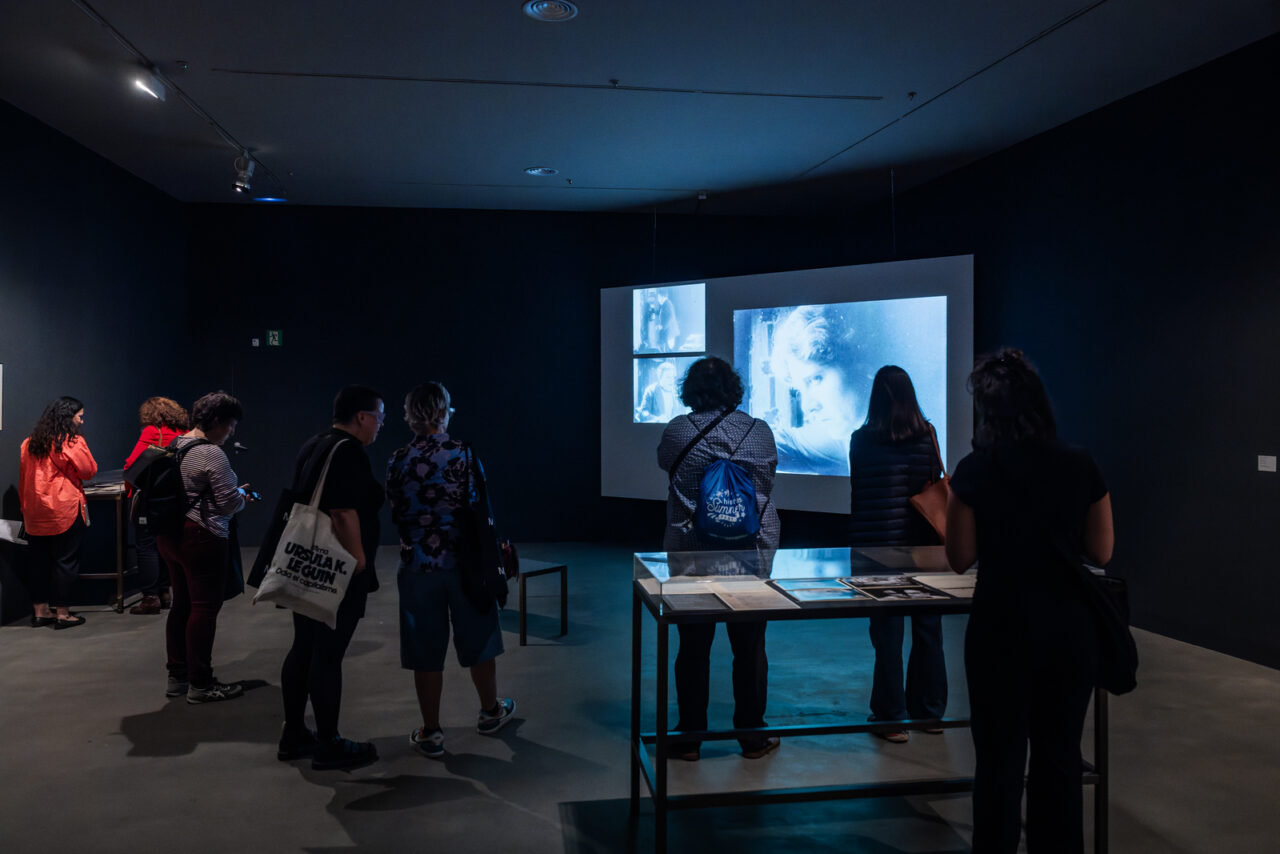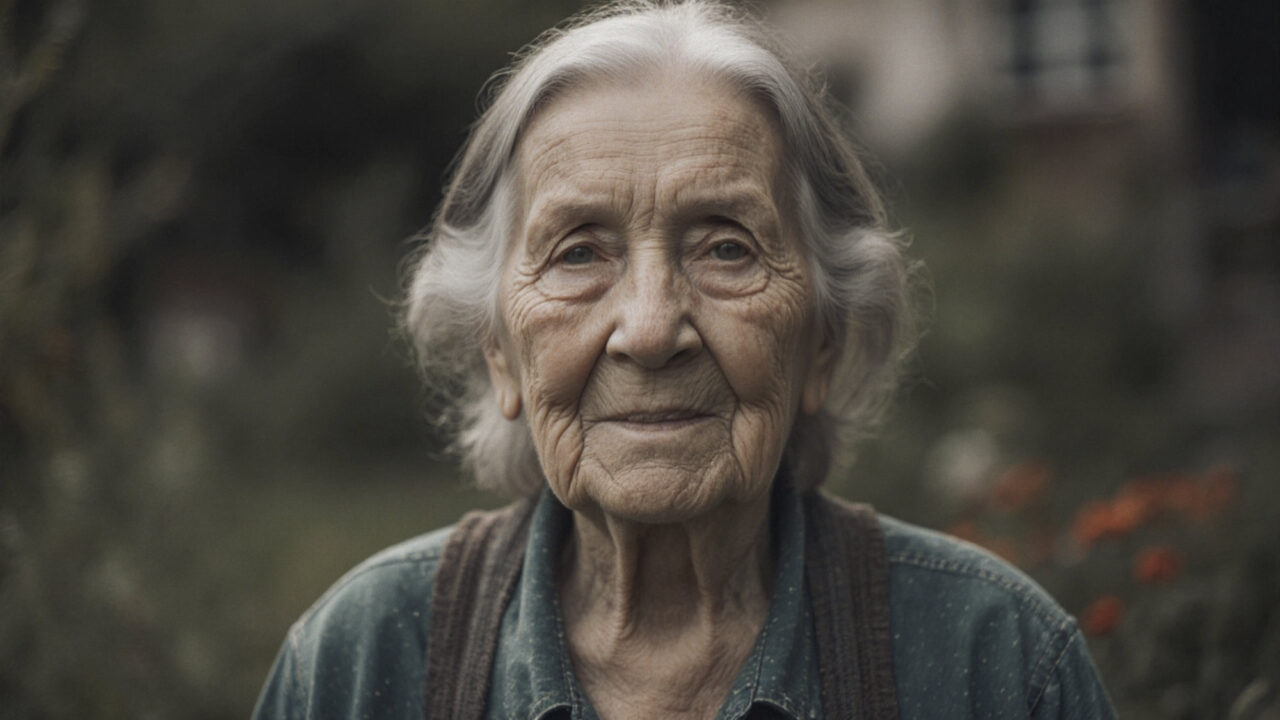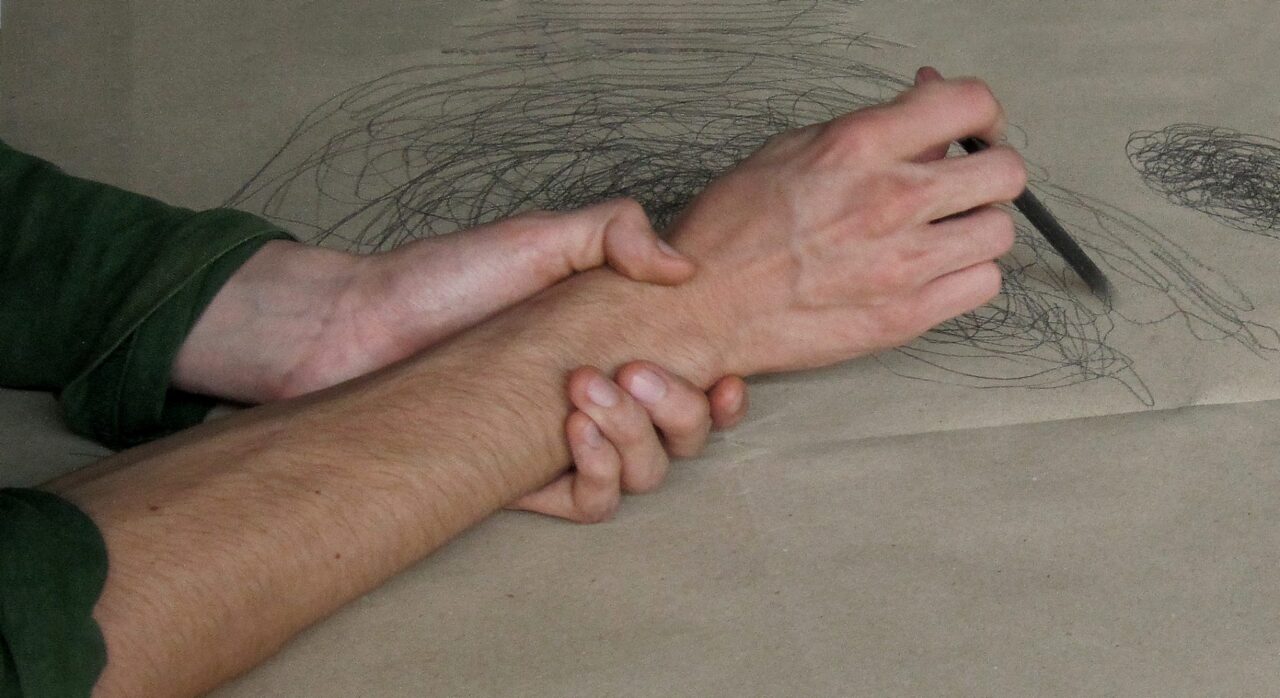Holes to make a requiem
In recent months, news has appeared about the interest of some communities in repealing the various autonomous laws of Democratic Memory. Erasing memory in the name of individual freedom is a sinister operation. Even now, there are an estimated 140,000 people who disappeared during the Civil War and the Franco regime, many of whom are found in the 4,265 mass graves. In Catalonia there are more than 900 and it is estimated that only 10% have opened. The dictatorship marginalized the memory of its republican adversaries and left these dead in the relative peace of a pain that -it was thought-: if it was kept quiet, it would disappear. While the last witnesses of the Spanish Civil War and the immediate post-war period are dying, the wound and their pain, not only has not disappeared, but they are still more alive than ever.
This exhibition includes two pieces based on democratic repair. On the one hand, cabosanroque with “22 holes to make a requiem” focuses on the convoy of 1959 that moved 179 bodies found in the province of Girona to the Valle de los Caídos. It is a lay oratory that visualizes and gives sonorous body to the fading of these bodies and their respective names buried in mass graves in the demarcation of Girona. Miquel Garcia, with “Exhumation n.2” presents a list with more than 5,000 people buried in mass graves in Catalonia which he reveals through the procedure of thermo-sensitive black paint.
The two works are preceded by a research process that demonstrates how complex memory is: names that do not appear, locations that cannot be found, a count of dancing bodies, relatives who have not been able to do the necessary mourning… You have to go through many layers of time, archives, land, fears and disputes. Everything speaks in different languages and silences. Memory calls for a policy committed to the culture of memory.





